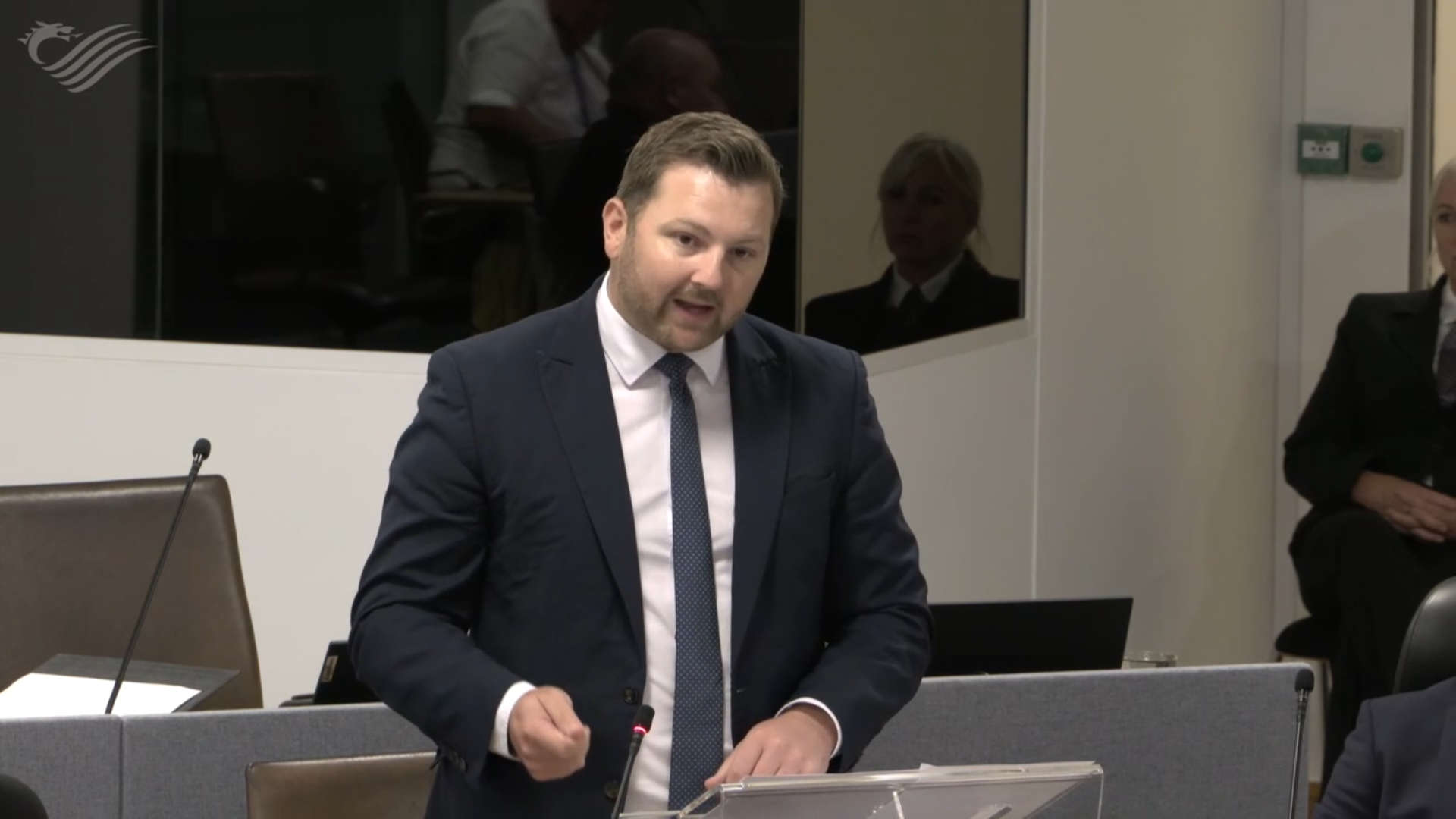
Senedd members criticised the lack of an economic impact assessment and long-term certainty after the Welsh Government unveiled revised financial support for farmers.
Samuel Kurtz, the Conservative shadow rural affairs secretary, warned of broken trust over the heavily criticised and protest-plagued sustainable farming scheme (SFS).
Ponting to a poll showing only 3% of farmers trust Labour Welsh ministers, he said the industry waited more than seven years for clarity on replacements for EU subsidies.
Mr Kurtz, who is from a farming family, criticised plans to cut the basic payment scheme (BPS) by 40% for those who choose not to sign up to the SFS.
He said: "This reflects what would have happened had the SFS launched in 2025 but it didn't launch... so, now farmers are being punished for that failure."
'Blind leap of faith'
Warning of a cliff-edge overshadowing the scheme, Mr Kurtz expressed concerns about the total £340m budget which would be worth closer to £500m if it had increased with inflation.
He suggested the revised SFS prioritises tree planting over food security.
The Tory concluded: "You could promise the finest scheme in the world but if the economic impact assessment shows it leads to job losses, livestock cuts and falling incomes then farmers will rightly reject it as they did before."
"What's deeply troubling is that no economic assessment has been published alongside this announcement today...without it, you're asking farmers to take a blind leap of faith."
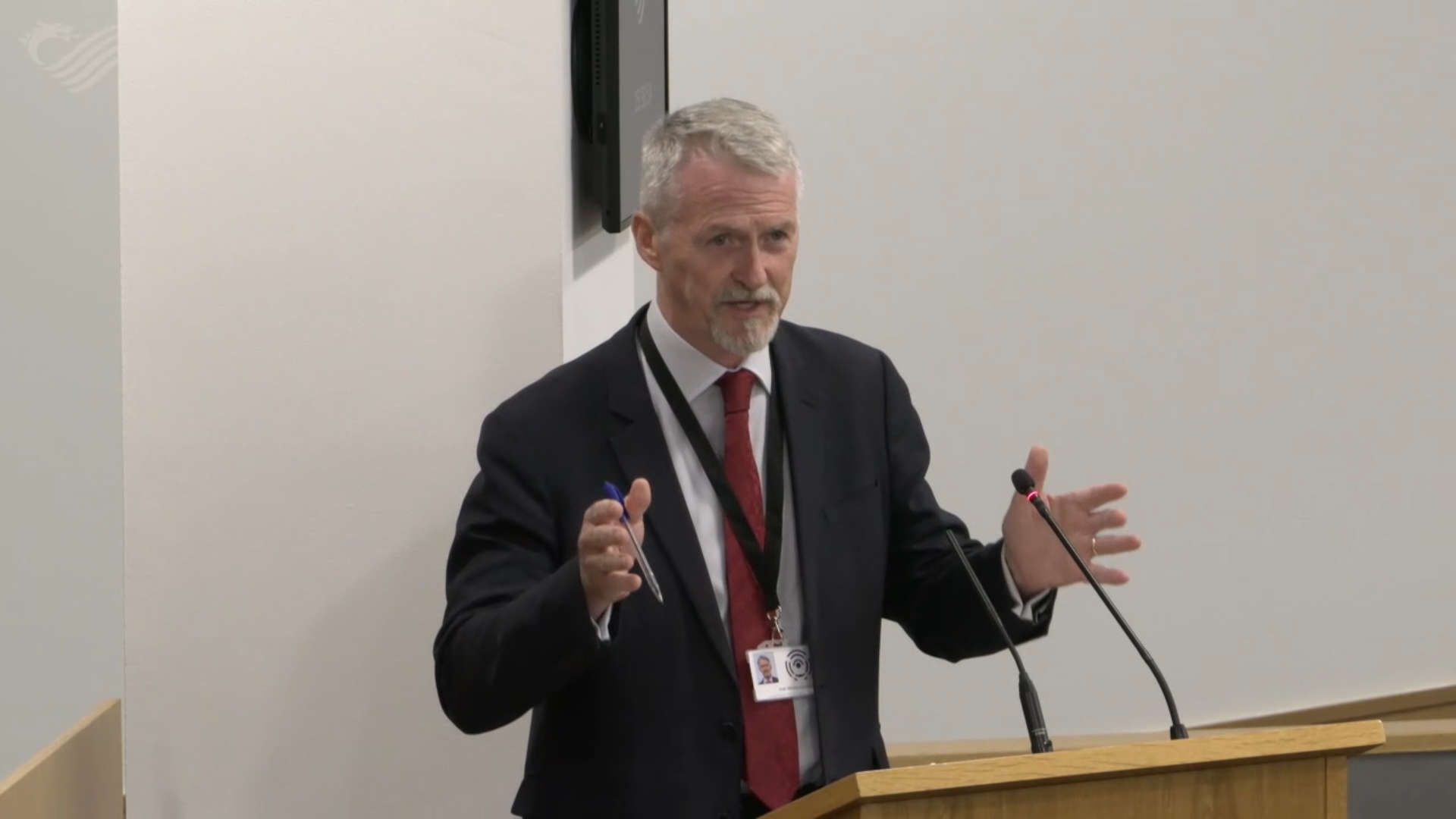
Huw Irranca-Davies, Wales' deputy first minister, replied: "We've analysed the potential impacts of the scheme and that has helped us make the decisions that we've come to.
'Crystal clear'
"But just to be crystal clear: these are scenarios – not forecasts, not predictions – so we will keep the scheme under review as we gather further evidence."
Mr Irranca-Davies told the Senedd an impact assessment will be published in September.
Llŷr Gruffydd, Plaid Cymru's shadow rural affairs secretary, described the revamped scheme as an improvement but cautioned that fundamental questions remain unanswered.
He raised farmers' calls for clarity to provide long-term certainty: "I haven't seen that in sufficient measure...it's disappointing we've only had a one-year funding commitment."
Mr Gruffydd added: "You also say that shifting the balance of budgets from the universal action to optional and collaborative actions will happen. You don't tell us when, you don't tell us how much – and, again, that will ring alarm bells."
The politician described condensing the transition from the BPS to SFS as the wrong approach, with a 40% drop in the first year "too significant".
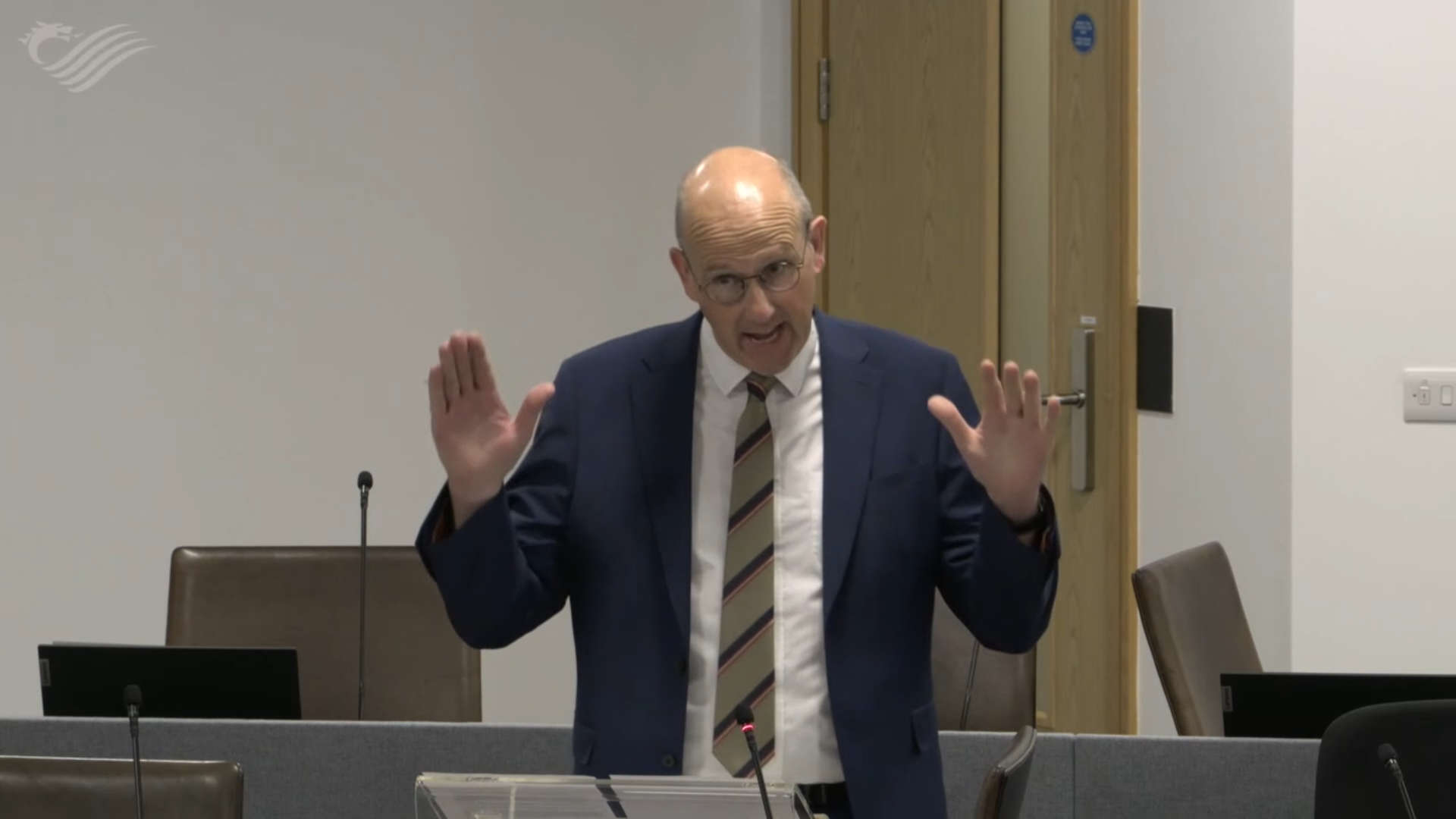
'Big gaps'
He warned of "big gaps" in the details. "It is an improvement but a lot of questions need answering," he told the Senedd, with Mr Irranca-Davies replying: "I acknowledge that."
Mr Irranca-Davies said the "landmark" revised scheme, which starts in January, represented a new agreement between farmers and the people of Wales.
In a statement on Tuesday, he told the Senedd the Welsh Government has changed its approach to tree planting, moving away from the proposed 10% tree cover on every farm.
Mr Irranca-Davies, who is responsible for rural affairs, explained farmers will be asked to plant 0.1 hectare by the end of 2028 or have plans in place by the end of March 2029.
He said: "We're proposing enhanced payments for those planting in the first three years," stressing farmers will not be expected to plant on their most productive land."
'Change isn't easy'
Mr Irranca-Davies told Senedd members the aim is to plant at least 17,000 hectares by 2030, with an aspiration of 21,500 hectares, pledging to review progress.
"Change isn't easy," said the Labour MP-turned-Senedd member. "This scheme is a big change but it's a change we believe is good for farming, production and the environment."
"I believe and hope the majority of farmers join the scheme. The BPS is available for those outside the SFS, although reduced by 40% next year."
Labour's Lee Waters, a former minister, suggested the Welsh Government has lowered its immediate ambitions by abandoning a target of 43,000 hectares by 2030.
Mr Irranca-Davies said the 22,000 target was based on "practical and pragmatic" advice from the UK climate change committee rather than a "shoot-for-the-stars straight line".







 Llangefni: major gas works underway
Llangefni: major gas works underway
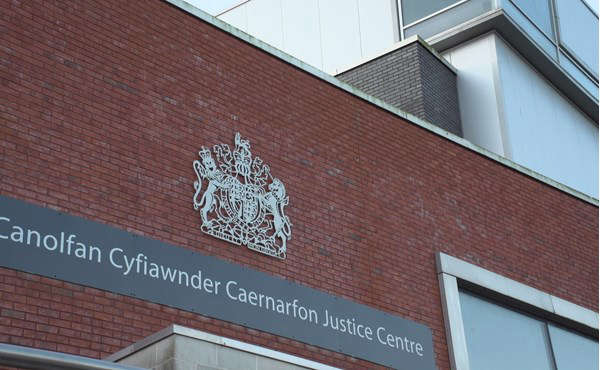 DWP manager fined for selling illegal tobacco
DWP manager fined for selling illegal tobacco
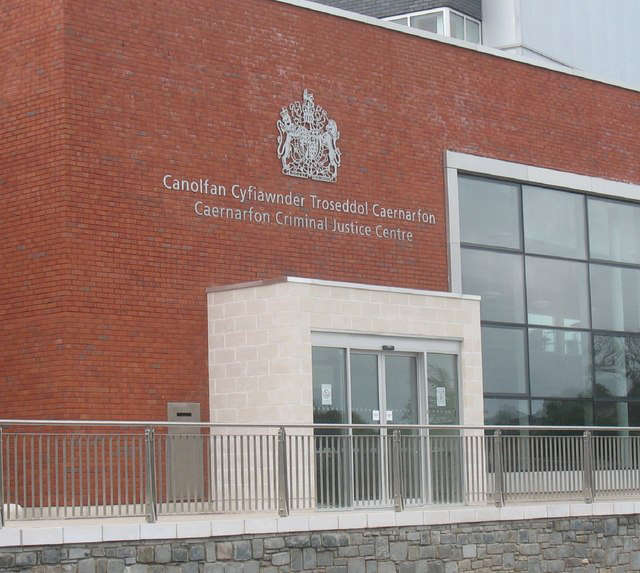 Cemaes Bay man admits drug dealing
Cemaes Bay man admits drug dealing
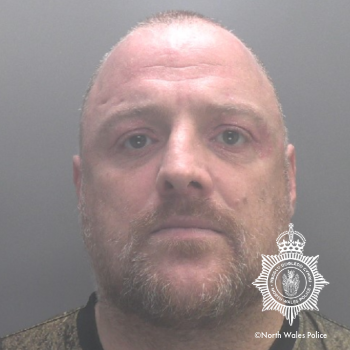 Bangor man jailed for controlling behaviour
Bangor man jailed for controlling behaviour
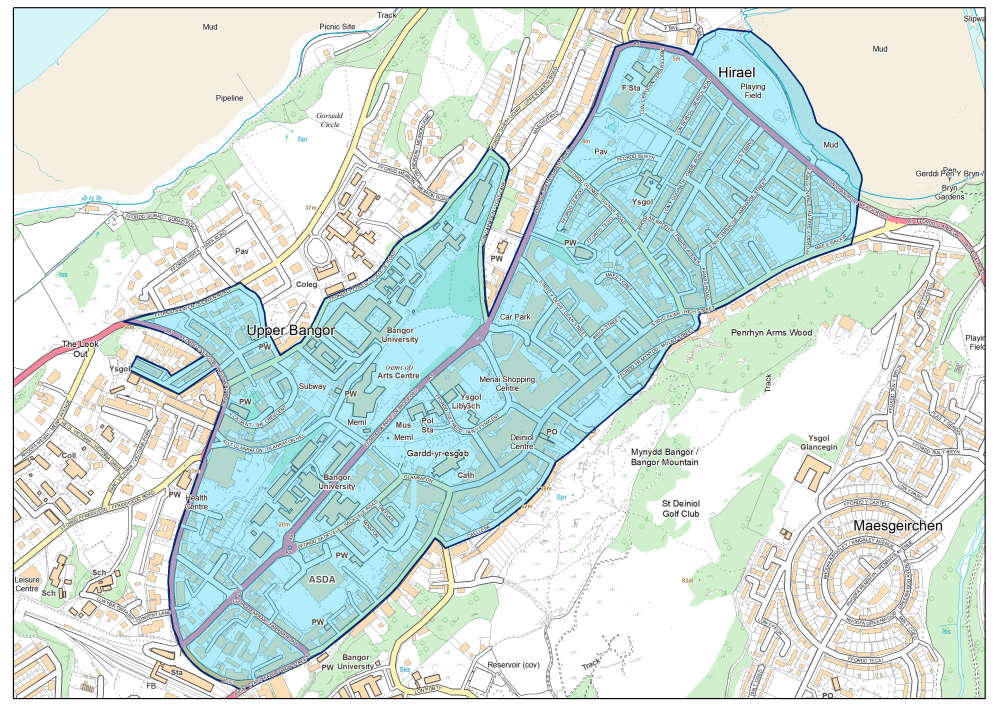 Bangor protection order extended
Bangor protection order extended


